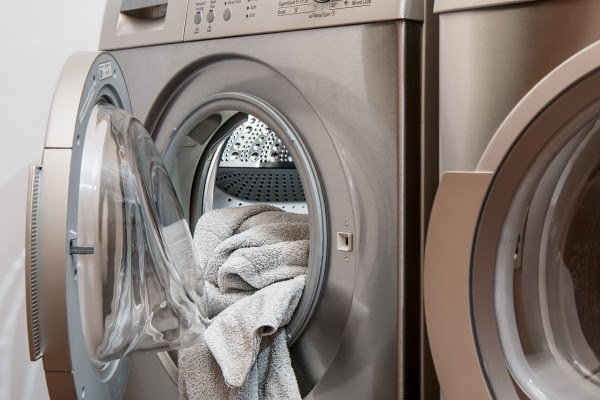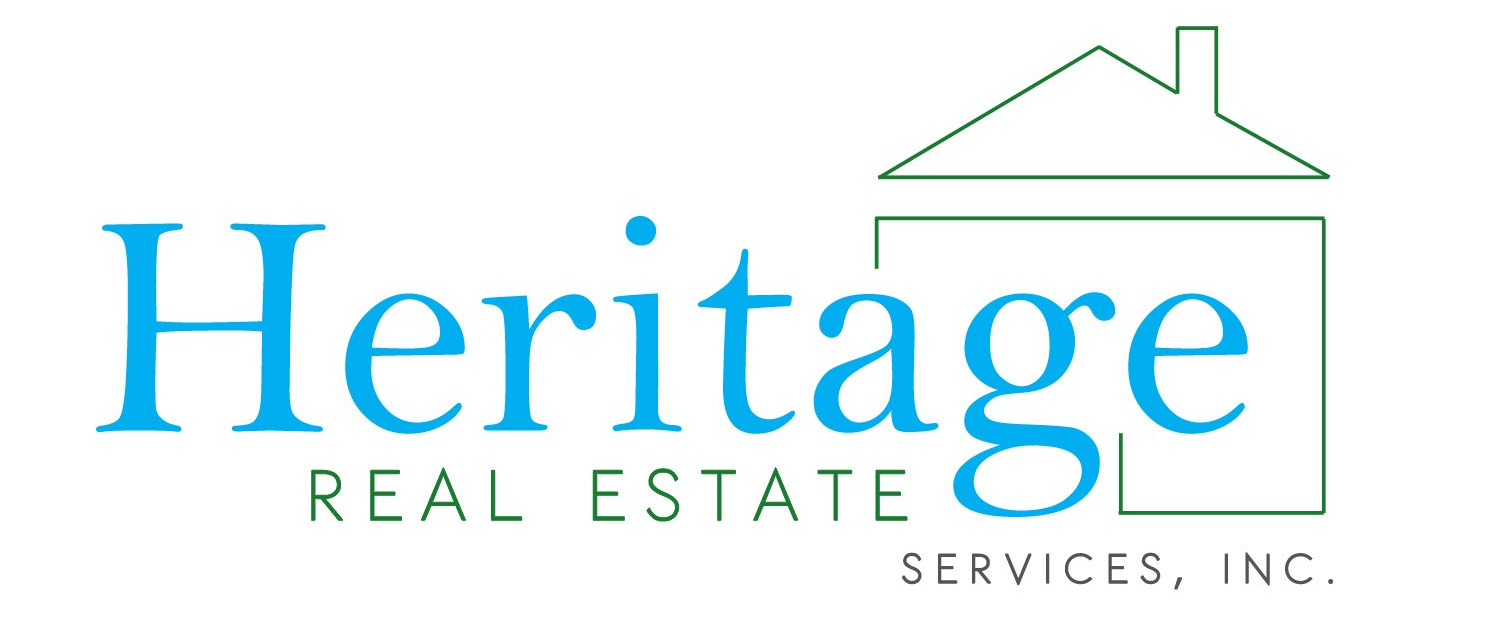Airbnb Is Partnering With Apartment Complexes—Here’s What That Means

Airbnb’s platform usually has two updates each year. One in the Summer and one in the Winter. This year’s Winter update came with a lot of cool features, like a much-needed button that allows potential guests to see the total price for their stay with all the fees included.
However, one piece of news was rolled out that I don’t believe enough people are talking about. Airbnb will now allow renters who live in apartment complexes to rent out their units. Many of these units are located in large cities, where the STR industry faces the stiffest regulations.
What Is Airbnb’s New Campaign?
Airbnb launched a new campaign partnering with apartment and condo buildings to convert some units into short-term rentals. Currently, there are about 29 cities that have these operations set up throughout the U.S.
Airbnb is not operating the day-to-day operations of these units. They are leaving that to people who are looking to become hosts. They are allowing people to sign up for a specific property they are interested in becoming a host for. If the potential host is selected, they can rent a unit in the building and sublease it on Airbnb. This is rental arbitrage but with the help of Airbnb.
For people who don’t know what rental arbitrage is. Rental arbitrage is where you approach an owner looking to rent their property long-term (say 12 months or more). Someone can legally go to that owner, rent the place from them for the rent they are looking for, then sublease the property.
My Thoughts On The New Program
There are companies out there that have been doing this for the last 3-4 years. They’ve been going to the owners of an apartment complex and renting out the entire building or multiple buildings. In turn, they’ve essentially converted the entire apartment complex into a hotel listed on Airbnb.
The tricky part about doing something like that is having the financial backing and experience to convince owners that you are the right person to take over their property. With this program, Airbnb has gotten rid of the difficult part of convincing owners to rent out their buildings for STR purposes.
I think this is a phenomenal program because it does two things:
- It allows people to become hosts and real estate investors that do not have the financial resources to purchase an STR. It will also act as a gauge for people who may not know if STRs are the right investment class to enter. Over the past six years, I have met many people who built STR empires by starting with a single sublease.
- It helps Airbnb’s image. I guess they will be using these cities as a model for areas with strict STR restrictions. Using these properties as case studies, Airbnb can show city and county officials that STRs have worked in metro cities.
My Experience
BNB Formula, run by Brian Page, is one of the first companies to bring rental arbitrage to the mainstream. I purchased the course when I started in STRs and immediately looked at how I could get my first property.
I was living in a 2-bedroom apartment by myself, so I figured that my own place would be my first property. I took all of my personal belongings, locked them in one room, and rented out my space as a one-bedroom apartment on the weekends.
The bookings almost immediately started coming in, and for the next six months, I slept in my car in a Walmart parking lot on the weekends. By the end of the six months, I had made close to $15,000, which I then used as a down payment to build a home, which became the first short-term rental that I owned. I continued with rental arbitrage for a while on different properties in my city. That entire experience became the catalyst for the larger properties I hold today.
That’s the pretty part of the story. The not-so-pretty part was that one of the neighbors absolutely hated that I was doing this. Even though there were never parties at the apartment when it was rented out, the neighbor still went to the leasing office and reported me for subleasing the property.
I lived in a larger apartment complex of 500+ units, and usually, for larger properties like that, it’s in the lease agreement that you cant sublease your apartment. They hit me with a $100 fine and then told me I’d be kicked out of my apartment if I ran my apartment as an Airbnb again.
The $100 fine was just an internal fine to the apartment complex, and to me, I traded $100 for $15,000. It did get me thinking about how lucrative it would be if I were able to rent out, say, 15-30 apartments in an apartment complex and turn them into rentals, but the difficult part would be convincing the owners of these properties to say yes to this.
Of course, from an ethical standpoint, you shouldn’t violate explicit terms in your lease agreement. Thankfully the fine wasn’t too bad for me.
Conclusion
In conclusion, this is a great way to get into STRs if you don’t have the money to do it. Rental arbitrage has been around for a while, and it’s pretty cool seeing Airbnb backing the idea.
What are your thoughts? Will it be successful? Would you want to operate one of these properties yourself? What risk do you think exists in operating a property like this?
I would love to hear your opinion below!





